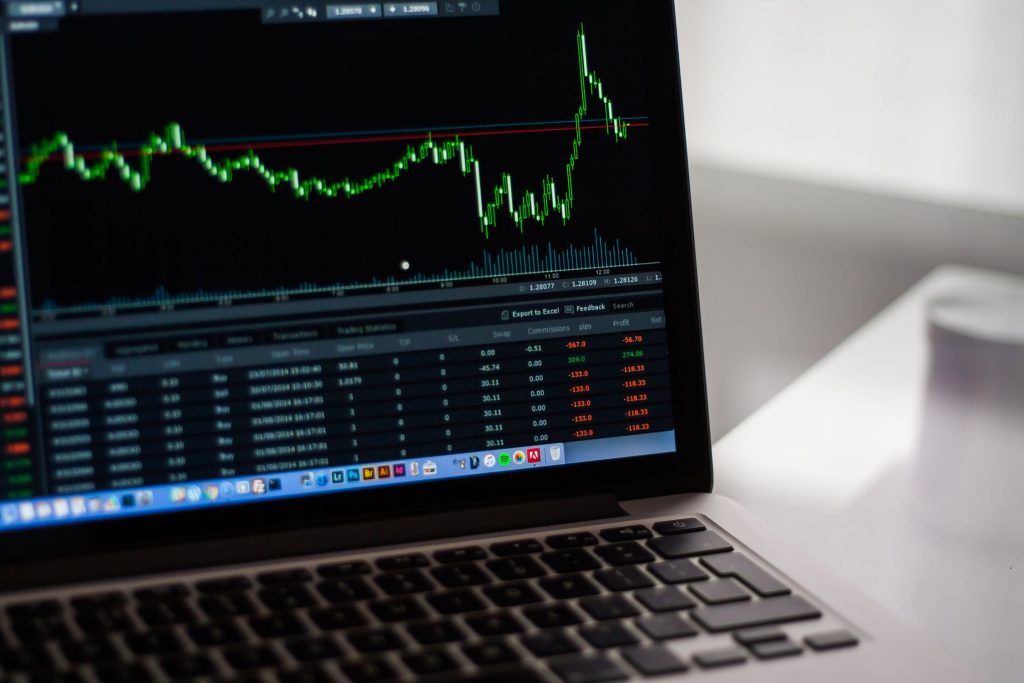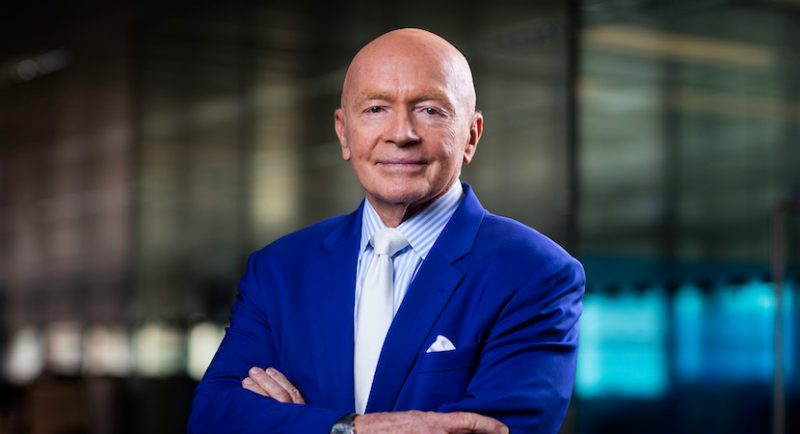AMOUS INVESTOR STRATEGIES TOGETHER WITH FINANCECOUNTER!
Mark Mobius – confident, bald and successful
Many observers believe that developing countries are currently in a state of crisis, but for Mark Mobius and his clean shaved head, political turbulence and market shock linked to it is part of his aggressive investment strategy in developing markets.
In fact, the executive director of the Templeton Emerging Markets Group, whois in charge of managing $ 47 billion, sees positive factors in all of these instable regions.
Despite the Turkish authorities blaming foreign investors for manipulating the Istanbul Stock Exchange, the massive amount of journalist arrests and a nation wide twitter ban- he’s planning to continue investing. Mobius believes in “the capabilities of Turkish entrepreneurs”, despite the complaints about a limitations in information flow. “The growing middle class demands a better government, as well as reducing of corruption and dissipation,” he spoke about the social insurgency in Brazil which imposed threats to the World Cup. “The good news is that these people have been heard.”
He even sees something positive in one of Europe’s most painful issues. “As an investor, I believe that the strategic role of Ukraine can benefit both Russia and the EU it can help ensure durability, solvency and prospective long-term success.” It is believed that some Ukrainian companies, especially agricultural are attractive. Templeton invested $ 4.1 billion in the Ukrainian bonds, following the recommendation of Michael Hasenstab the manager of portfolio. Hasenstab believes that the national interim government has done what he called “an enormous work”.

Going against the flow is a Mobius’s signature move. “You must stand firmly on the ground. When prices are low and the object is unpopular, it is often a good opportunity, “he says.
Mobius’s greatest fear is the return of communist ideology which he grew up with as a result of current circumstances that demand a change of behavioural pattern of the politically involved elite.
He was born in New York. Mobius’s mother is Puerto Rican, his father is German and he vividly remembers how he crossed Charlie’s checkpoint in Berlin to visit relatives during the Cold War. “I went to visit my niece in East Germany, an almost empty train at the abandoned Leipzig station arrived in the middle of the night. Soldiers were searching passengers for smuggled goods. My family told me not to speak to the children because at school they could be questioned about a guest from the west.”
Mobius obtained his first experience with money management in Taiwan. When he joined Templeton in 1987, many developing countries had just began to dispose of the centralized planning regime. According a peer comment he was “a grumpy man with a mediocre performance”. Now “he appears better because he’s been there for the longest.”
“We started [Templeton] with 100 million dollars and it was hard to invest this money in only five emerging markets: Mexico, Hong Kong, the Philippines, Malaysia and Singapore,” says Mobius, reminiscing the era before tremendous cash flow caused volatility on a great scale. “But the new reality affected everyone. The poorer countries welcomed foreign capital and encouraged privatization. And we were there when it all started.”
MARK MOBIUS’S INVESTMENT PHILOSOPHY around developed and developing markets – upward (bottom-up), long-term and value-oriented. He and his team have used the same investment strategy for over 25 years.When looking for investment opportunities Mobius and his team research more than 25,000 securities followed by an in-depth quantitative and qualitative analysis to assess the potential of each business in long-term. The quantitative analysis includes five-year financial statements and five-year forecasts based on expected future earnings, cash flow or asset value potential. Qualitative analysis involves understanding the company’s business, quality of management, ownership structure, corporate governance and commitment in creating value for shareholders. It is an understanding of who owns the company, who controls it, how and in which markets it operates in.
GO AGAINST THE FLOW – IS MOBIUS’S SIGNATURE MOVE. “WHEN PRICES ARE LOW AND THE OBJECT IS UNPOPULAR, IT IS OFTEN A GOOD OPPORTUNITY.”
When the best opportunities have been pointed out, Mobius carries out on-the-spot research. He is on the move for 250 days a year.
Any decision to buy or sell is based on this fundamental research. Templeton analysts set the target price for specific stocks and regularly review all investments. Mobius and his team invest in companies with long-term value, looking for such businesses whose shares are traded below their estimated value based on five-year financial forecasts. They follow a strict sales discipline when the market price exceeds the assessed.
After Templeton came up with an amazing series of advertisements for the Hong Kong press depicting the back and bare head of then almost unknown money manager, he became a cult figure in Asia. Besides Asian retail he also tempted Europe to invest not only in Hong Kong but also in the neighbouring even more exotic Shenzhen special economic zone of China. At that time it was a small province – very different from the present metropolis with 10.5 million inhabitants. Between 1992 and 1996, when Mobius began investing in Hong Kong, the average increase of Hang Seng index was 26.5% per annum, excluding dividends.
The very much superstitious Cantonese are actively investing in this money managers’ fund, believing he has near magical powers. “They are convinced that a bald man will bring them good luck,” says Mobius, absolutely calmly reacting to flattery and comparisons to the reckless movie stars – Telly Savalas and Yul Brynner.

The thorough investigation of developing countries also provides impressive success. The restructuring of China High Speed Transmissions-a manufacturer of wind turbine components was Templeton’s greatest prize – the return was 17 times higher than initial investment. Now Mobius prefers Taipei. He praises the “incredible work ethics, flexibility and creativity” of Taiwanese business people. He says that alongside the integrated chip technology leaders such as TSMC, “Taiwanese companies dominate the ramen and juice production business in China.”
“New investment markets are growing five times faster than in developed countries, they have higher foreign currency reserves and a much smaller GDP debt. Put it all together and money will always find its way back to the emerging developing.”



